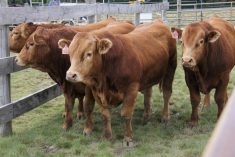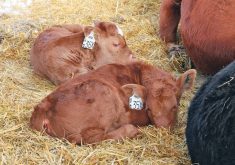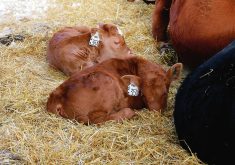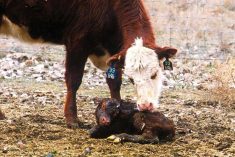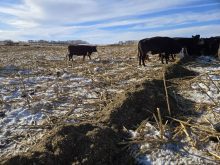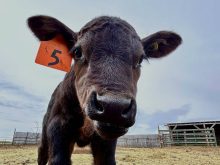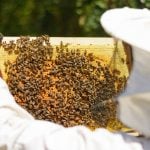The common cold, SARS and COVID-19 are all caused by corona viruses and severity of infection varies.
The same is true for bovine corona virus. Like other corona viruses, it can cause different syndromes and has long been known as a major cause of calf scours and respiratory disease.
Animals with mild respiratory disease will often display increased nasal discharge and lethargy, but generally the infection doesn’t require treatment.
Read Also
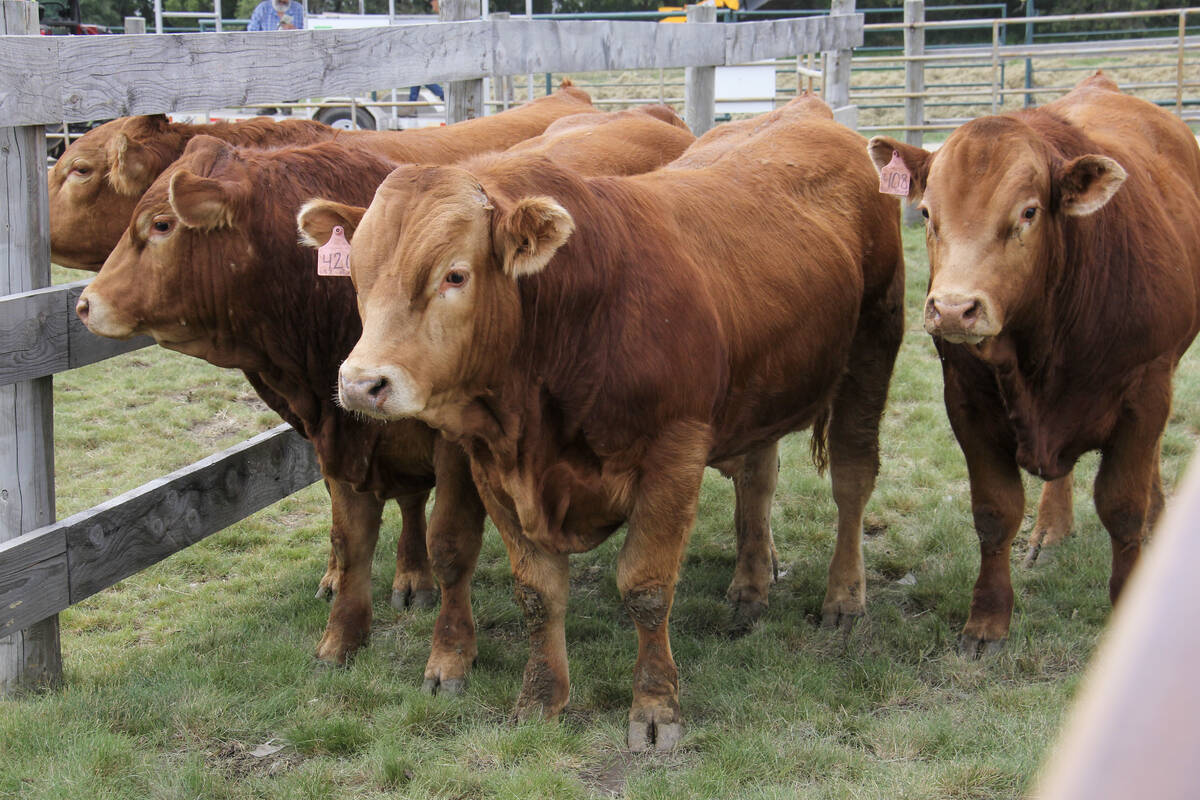
Saskatchewan Cattle Association demands halt to traceability amendments
SCA demands stop to traceability amendments and immediate CFIA reform, citing lost trust and need to move oversight to agriculture.
It can cause bloody diarrhea in adult dairy cows, and can spread through most of the herd before passing. This is often called winter dysentery because of when it occurs. There have also been severe respiratory cases in adult cows.
Whenever there is diarrhea or pneumonia in calves, we need to give some thought to corona virus. Since we don’t try to identify the exact cause in each case of diarrhea or pneumonia, it may be there without us knowing it.
Protection for corona is scours vaccine, in most cases, so we are most likely cross-protecting for the respiratory form. One company devised a specific intranasal vaccine that it tried to license for respiratory corona virus, but found it was protective for the scours form.
So, even though we give an intranasal vaccine, the protection goes into the bloodstream and we get protection in other parts of the body.
That is great news for the cattle industry, but we will probably not see it added to respiratory vaccines because it is hard to show protection under a normal challenge.
I wondered if vaccinating a dairy herd with this intranasal vaccine at the start of a winter dysentery outbreak would be protective, and I know some veterinarians may try it.
Winter dysentery generally goes through the entire dairy barn and there is generally no need for treatment, but milk production drops for a few days, so it’s a major economic loss.
Herds vaccinated for scours may have cross protection and minimal corona virus respiratory disease, but we still need to protect against the other respiratory pathogens. Respiratory disease can be an issue even in well-managed herds.
We vaccinate cows for IBR (infectious bovine rhinotracheitis), BVD (bovine viral diarrhea), PI3 (parainfluenza three) and BRSV (bovine respiratory syncytial virus) so they pass protection in the colostrum. The vaccine also prevents abortions from IBR or BVD.
This is a wise practice and corona virus protection comes with the scours vaccines.
When does colostral immunity start to wane so calves become susceptible, and when should vaccines be administered? At turnout is the usual answer, and that’s also the time to give clostridial and respiratory vaccines.
If there are several cases of pneumonia and one animal dies, I recommend getting a complete autopsy to determine the type of organism involved. From there, prevention may revolve around bolstering the vaccination program, changing housing or shelter or minimizing stress.
There are ways to minimize stress in older calves. Bigger herds, synchronized breeding, moves to community pastures and other situations that increase crowding are stressful and can increase the incidence of respiratory disease.
If it’s a big herd, do the processing or other separation in bite-sized chunks so there is no extended separation or crowding, and always watch calves for a few days afterward because early detection and treatment of respiratory disease results in a better prognosis.
Producers who use creep areas in spring should watch for crowding as the calves get bigger and take up more space. Some creep areas are in small sheds so air quality is poor.
The corona virus should always be considered when diarrhea or milder pneumonia doesn’t respond normally. Most calves get corona protection from colostrum; it is just these adjunct later vaccinations, in cases where corona could crop up, that we can consider the intranasal vaccine.
Ideally, we need to do more sampling to see if corona is a culprit in our clinical cases in calves or even in mature animals.



